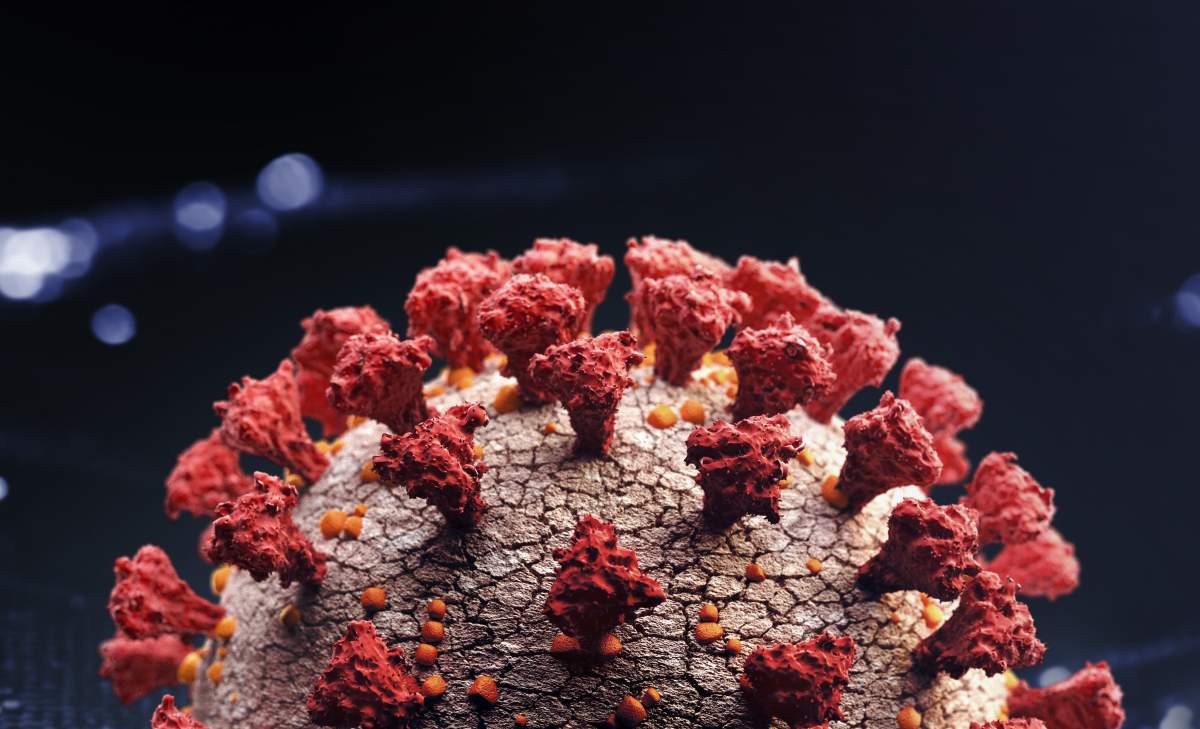The novel coronavirus continues to spread in Saskatchewan with the province reporting nine new cases Saturday afternoon.

The majority of new provincial cases are in the far north, with five reported in the area. Three new cases are in the north and one is in central Saskatchewan.
The provincial total of COVID-19 cases hit 553, of which 207 are considered active.
Saskatchewan reported five more recoveries on Saturday, bringing the total of recoveries to 340.
COVID-19 hospitalizations declined on Saturday to 15 from 19 the day before, which was a new high for the province.
Ten people are receiving inpatient care — six in the north and four in Saskatoon, and five people are in the ICU — four in Saskatoon and one in the north.
Breakdown of Saskatchewan’s 533 cases:
- 138 cases are travel-related
- 273 are community contacts (includes mass gatherings)
- 61 have no known exposure
- 81 cases are being investigated by public health
There are 46 cases involving health-care workers.
The province’s COVID-19 epicentre remains in Saskatchewan’s far north, where 150 of its 184 cases remain active.

Get weekly health news
The north is also seeing an increase of active cases, with 40 of its 103 cases being active.
Saskatoon, which initially had the most coronavirus cases, has 15 active cases out of its 163 reported total.
There is one active case in both Regina and central Saskatchewan, and zero active cases in the southern part of the province.
Cases are growing among the province’s younger demographics.
As of Saturday, 74 cases involve people 19 years of age and under.
Additionally, there are 196 cases in the age group of 20-39; 173 cases in the 40-59 age range, and 94 in the 60-79 age group.
There are 16 cases in the 80+ age group.
Coronavirus continues to affect both men and women proportionally, with 50 per cent of cases being females and the other half being in men.
Saskatchewan’s death toll from COVID-19 remains at six.
To date, 36,117 COVID-19 tests have been performed in the province. Health officials say the province’s testing rate exceeds the national average.
Questions about COVID-19? Here are some things you need to know:
Health officials caution against all international travel. Returning travellers are legally obligated to self-isolate for 14 days, beginning March 26, in case they develop symptoms and to prevent spreading the virus to others. Some provinces and territories have also implemented additional recommendations or enforcement measures to ensure those returning to the area self-isolate.
Symptoms can include fever, cough and difficulty breathing — very similar to a cold or flu. Some people can develop a more severe illness. People most at risk of this include older adults and people with severe chronic medical conditions like heart, lung or kidney disease. If you develop symptoms, contact public health authorities.
To prevent the virus from spreading, experts recommend frequent handwashing and coughing into your sleeve. They also recommend minimizing contact with others, staying home as much as possible and maintaining a distance of two metres from other people if you go out.
For full COVID-19 coverage from Global News, click here














Comments
Want to discuss? Please read our Commenting Policy first.